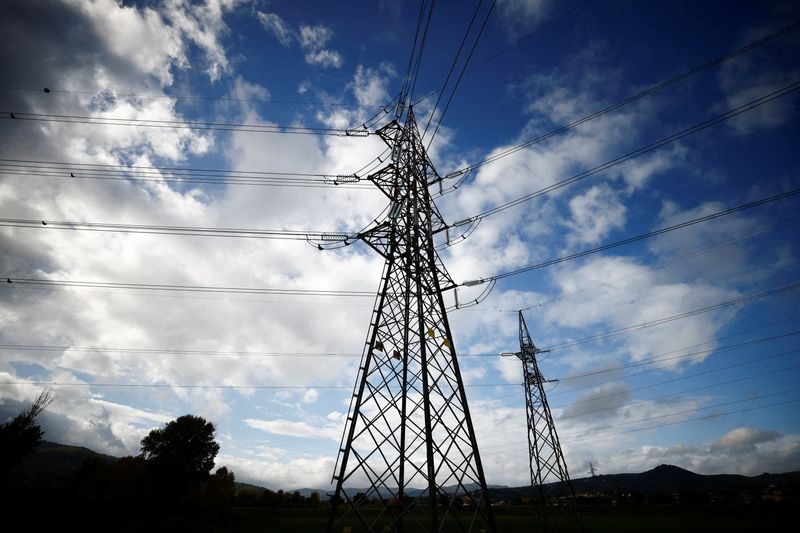By Giuseppe Fonte and Francesca Landini
ROME (Reuters) - Italy on Monday approved a decree to boost its energy security and renewable power production, with the minister for ecological transition saying the package was expected to trigger 27.4 billion euros ($29.89 billion) in investments.
The scheme was originally supposed to be announced in October, but it has been frozen for weeks due to internal disagreements within the ruling coalition and then scaled down in some parts.
"We want to unlock the great potential of our country on renewables," Minister Gilberto Pichetto Fratin said.
Among a raft of measures, the government will set aside 350 million euros per year until 2032 to fund projects aimed at overcoming local opposition against the installation of renewable plants.
Rome also wants to select two maritime state-owned areas in Southern Italy that will be devoted to new off-shore wind projects.
Other measures outline a framework to develop carbon capture and storage facilities (CCS), as energy group Eni and gad grid operator Snam press ahead with the set up of a CCS hub offshore the city of Ravenna.
To increase supplies of natural gas, the legislation states that onshore LNG terminal projects represent "strategic interventions of public utility, non-deferrable and urgent".
The provision would allow Italy to speed up work on two new onshore LNG terminals promoted by Enel (BIT:ENEI) in Porto Empedocle and by Iren and Sorgenia in Gioia Tauro.
Rome instead has decided to drop a plan to extend a special regime that helps households to purchase electricity from their suppliers at regulated prices, a government official said, as it was deemed as a source of potential contentious with Europe.
That regime is currently set to expire in January as part of Italy's commitments to boost competition in the energy market under the post-COVID recovery plan.
The decree is also not expected to include a regulation to extend concessions held by companies managing hydroelectric plants in exchange for more investments.
Had it been adopted, the measure would have benefitted utilities including Enel, A2A and Edison, which currently hold the concessions to manage many of the country's hydro power stations.
A similar norm is however envisaged for the geothermal sector, as regional authorities may ask the holders of these business licences to propose a multi-year investment plan so as to prolong their concessions.

Moreover, the decree allows territorial authorities to submit applications to host radioactive waste, in order to speed up identification of the storage areas.
($1 = 0.9168 euros)